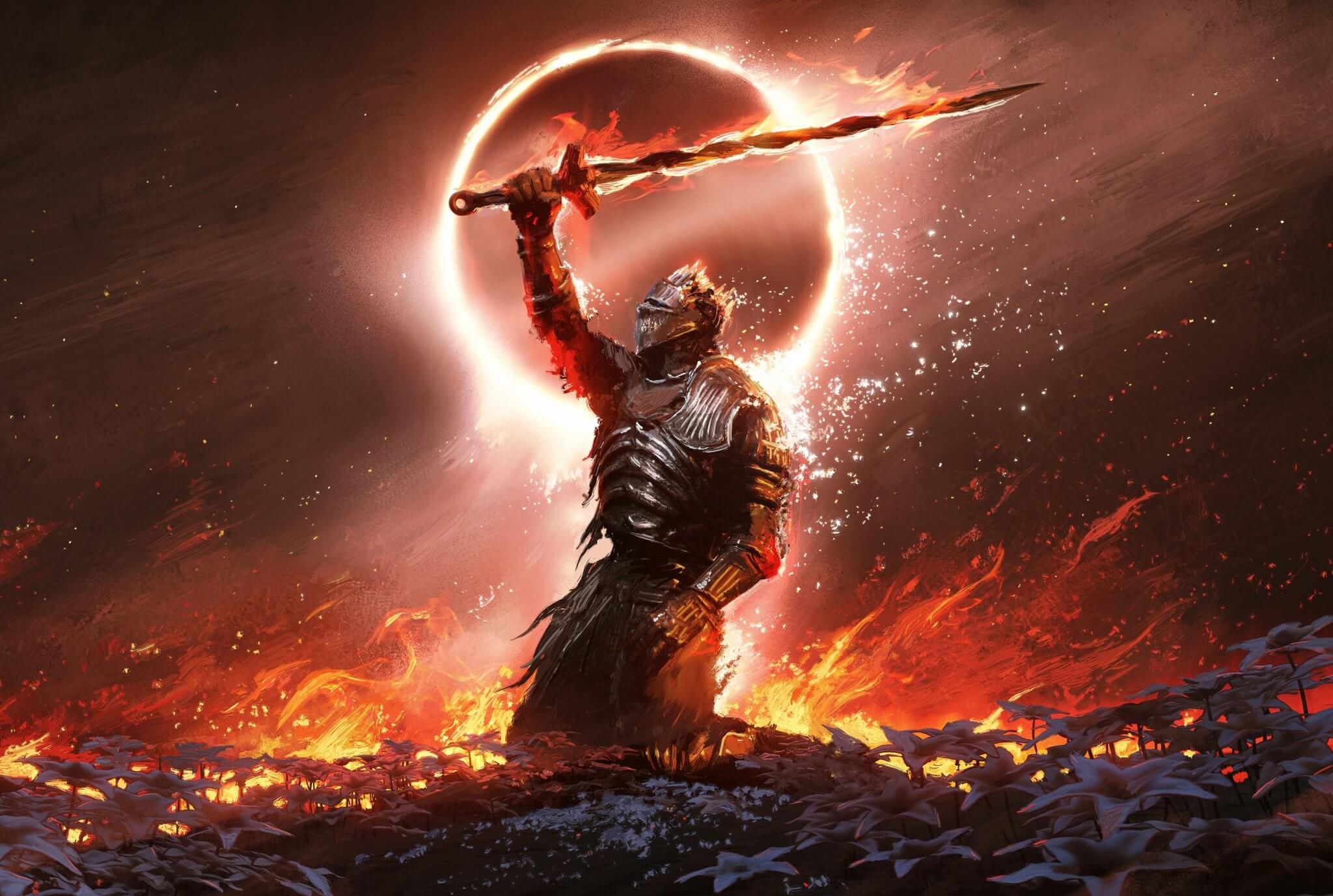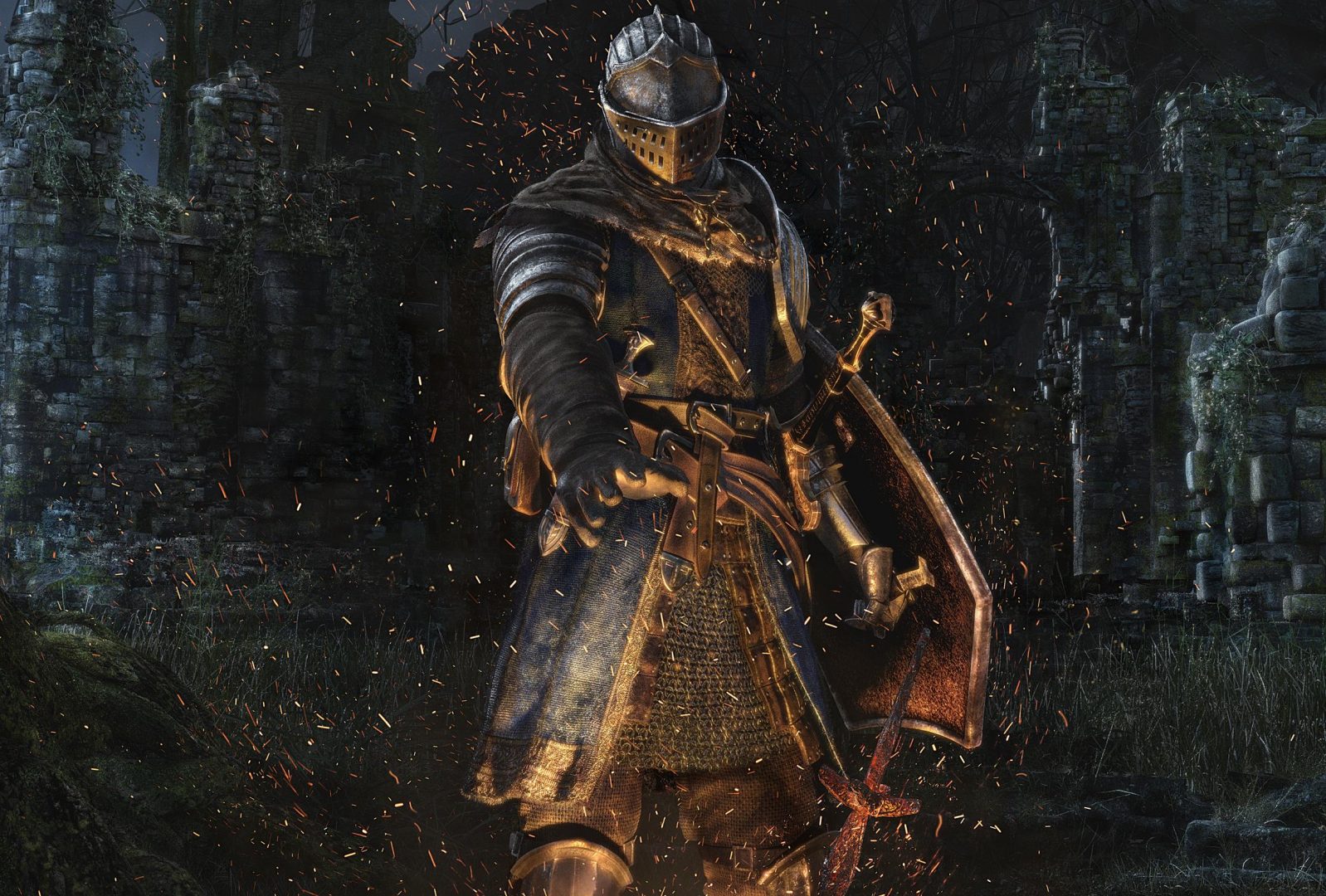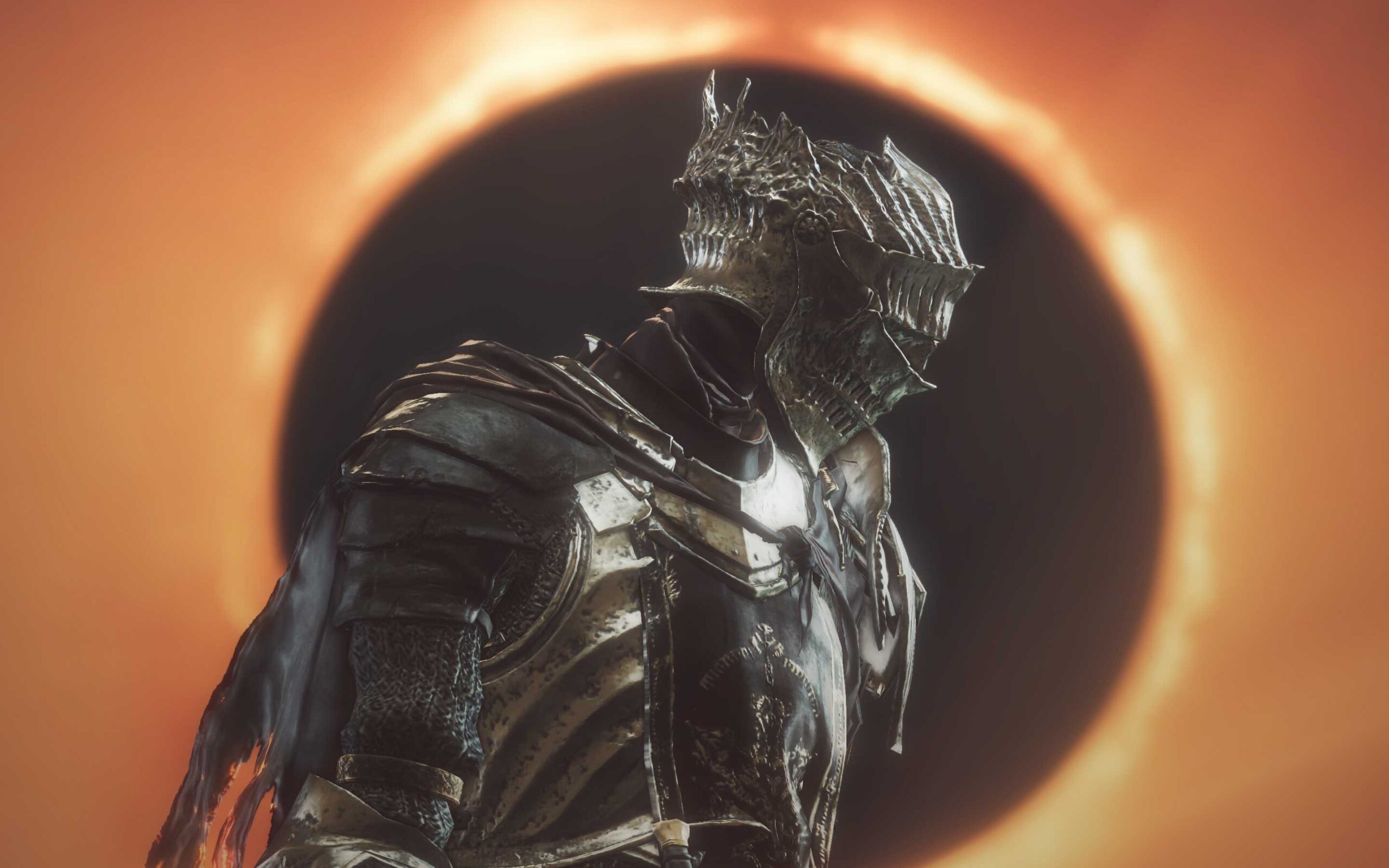The “Dark Souls” series by FromSoftware isn’t just another action RPG; it’s a masterclass in storytelling, where the narrative is as much about the world’s intricate design and cryptic lore as it is about the player’s interactions with it. These games, while notoriously difficult, are rife with philosophical undertones. Let’s explore the depths of these themes and how they shape the “Dark Souls” experience.
The Struggle against Inevitability
Central to “Dark Souls” is the recurring theme of cycles. Kingdoms rise and fall, beings come into power only to be replaced, and darkness inevitably follows the light. This cyclical nature mirrors philosophical ideas about fate, determinism, and the question of whether one can ever truly change their destiny.
Existential Despair and Hope
The world of “Dark Souls” is bleak. Players encounter many characters who’ve given in to despair or gone hollow – a state of soullessness. This can be seen as a reflection on existential nihilism, the belief that life lacks inherent meaning. Yet, the very act of the player persevering, pushing forward despite the odds, represents a glimmer of hope and a search for purpose.
The Nature of Humanity
The concept of humanity is both a gameplay mechanic and a philosophical question in “Dark Souls”. The games frequently ponder the nature of the human soul, the distinction between humans and gods, and what it means to be truly alive or dead. These questions echo the thoughts of philosophers like Søren Kierkegaard and Friedrich Nietzsche.
The Weight of Choice
While “Dark Souls” often feels oppressive, players do have choices, even if they’re not always clear-cut. The consequences of one’s actions, or inactions, ripple throughout the game world. This reflects philosophical debates about morality, free will, and the nature of good and evil.
Knowledge and Its Perils
Several characters in “Dark Souls”, such as Big Hat Logan, meet tragic ends due to their relentless pursuit of knowledge. This theme can be linked to the age-old warning about the dangers of unchecked ambition and the idea that some truths might be too overwhelming or corrupting.
The Complexity of Morality
“Dark Souls” does not operate within a binary moral framework. Characters that seem virtuous can have dark pasts or hidden intentions, while traditional antagonists might have justifiable motivations. This ambiguity reflects real-world moral complexities, pushing players to think critically about their actions and judgments.
The Solitude of Existence
Despite its multiplayer elements, the experience of “Dark Souls” is often one of solitude. Players traverse vast, decaying landscapes, frequently alone with their thoughts. This can be seen as a reflection on isolation, loneliness, and the individual’s journey in the vast expanse of existence.
“Dark Souls” is a rich tapestry of lore, gameplay, and thematic depth. Its philosophical elements elevate it from a mere game to a contemplative experience, pushing players to ponder profound questions long after the console is turned off. It’s a testament to the potential of video games as a medium for exploring the deepest corners of the human psyche.
